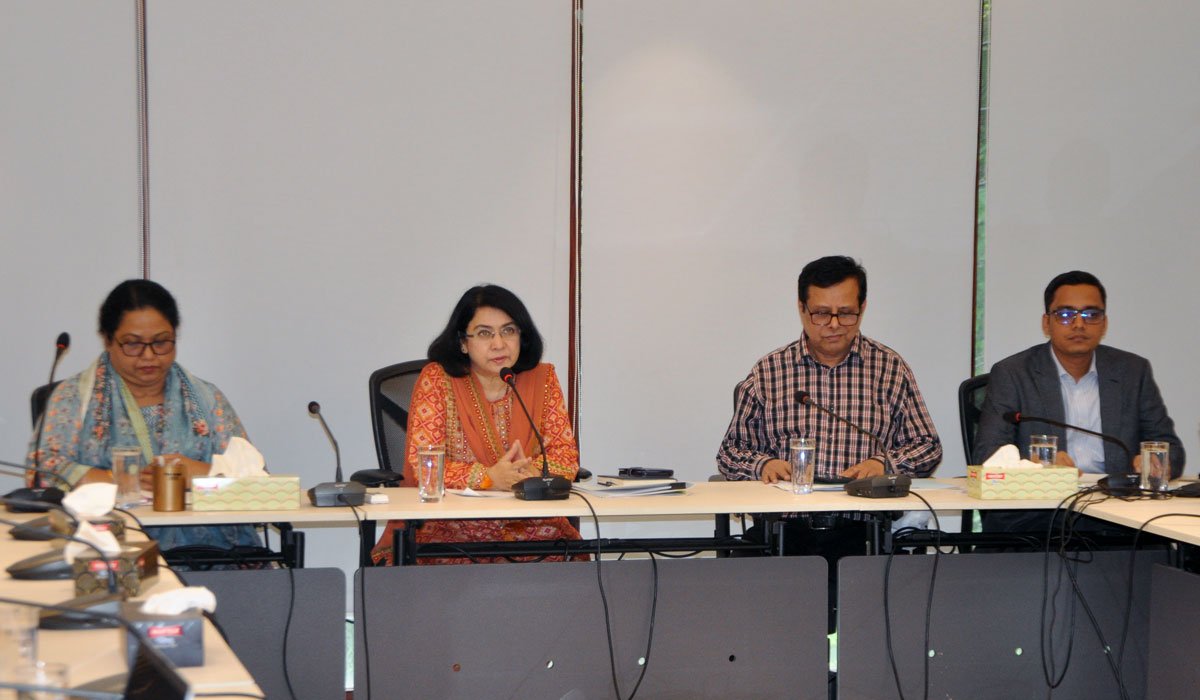
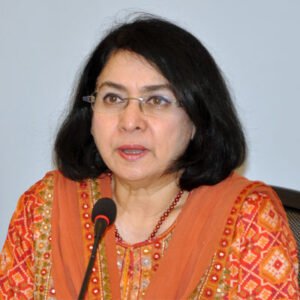
The Centre for Policy Dialogue (CPD orgnaised a roundtable discussion titled ‘Clean Air and Blue Skies for Healthy Lives: What do the Youth Suggest?’ on Monday, 8 September 2025 to mark the International Day of Clean Air for Blue Skies 2025.
Dr Fahmida Khatun, Executive Director of the CPD, chaired the roundtable discussion. She emphasised that combating air pollution is a shared responsibility that involves all relevant stakeholders including the Dhaka City Corporation, the Ministry of Environment, Forest and Climate Change, factory and brick kiln owners, private vehicle owners, and local communities. Dr Khatun also added that combating this issue would not be possible without the collaboration of both the private and public sectors.
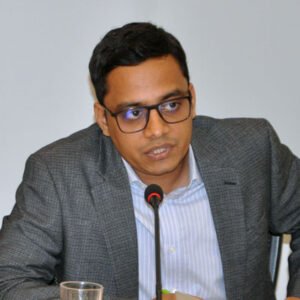
Mr Foqoruddin Al Kabir, Senior Research Associate, CPD, moderated the roundtable discussion. He emphasised that while residents express high levels of concern about air pollution, this concern is not yet reflected in
meaningful behavioural changes. Mr Kabir also highlighted that “awareness of the problem has not yet developed into action”. This gap underscores the urgent need for both government and industry to take proactive steps that aware people to make more environmentally friendly choices.
The trigger presentation on reducing air pollution and achieving greener cities was delivered by Ms Afrin Mahbub, Research Associate, CPD. In her presentation, she shared the key findings of a household survey conducted in Dhaka city by CPD in 2023. Ms Afrin highlighted that on average, individuals in Dhaka spend BDT 4,000 annually to diagnose and treat symptoms linked to air pollution- nearly double the government’s per capita health budget of BDT 2,228 for the fiscal year 2024.
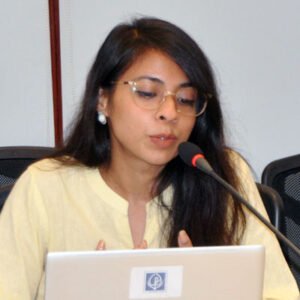
The financial toll is compounded by lost productivity, with Dhaka city dwellers taking a total of 2,117 days off from work and school over the past year due to air pollution-related health issues.
The participants in the roundtable discussion emphasised that raising awareness about air pollution- its causes, consequences, and possible solutions, must be treated as an ongoing process. While the severity of the problem is undeniable, it is crucial to identify and address its root causes. Participants also stressed that that research, policy, and action must move in tandem to generate meaningful progress. The youth network may act as a key catalyst in bridging the gap between policy and practice in this case. In this context, the state can play a vital role in providing the financial and institutional support required to ensure tangible outcomes in curbing air pollution.
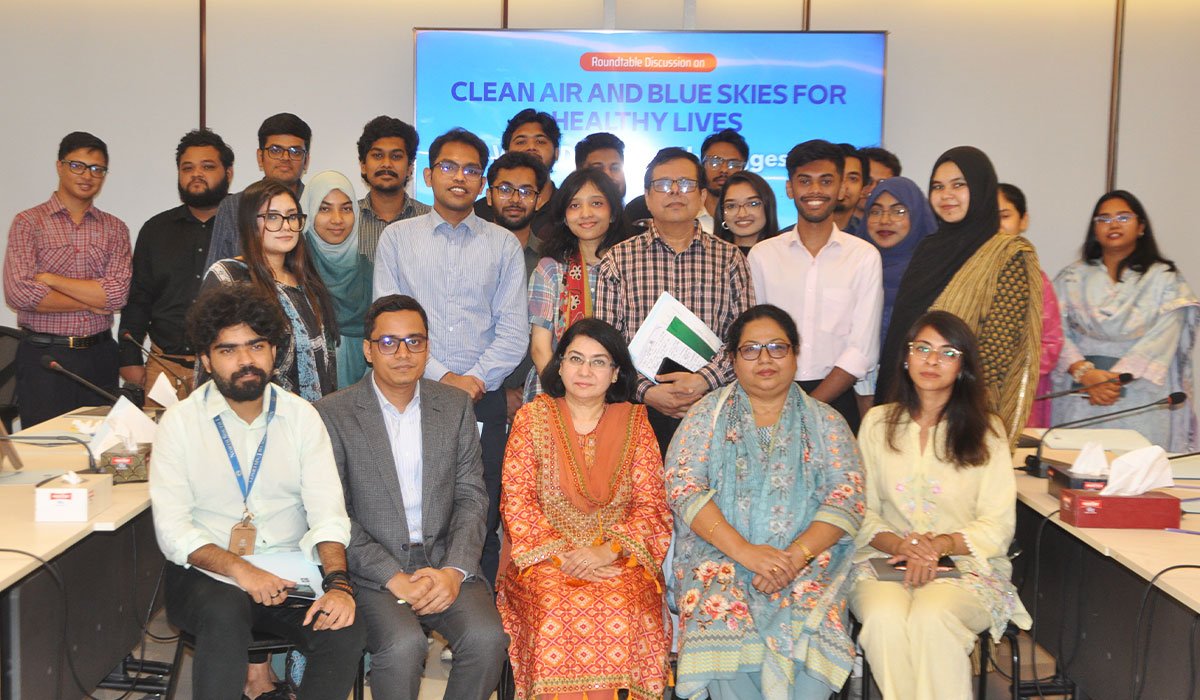
The roundtable was attended by students, academics, experts and researchers from CPD, who shared their valuable insights on addressing the pressing concern surrounding air pollution in Bangladesh.


